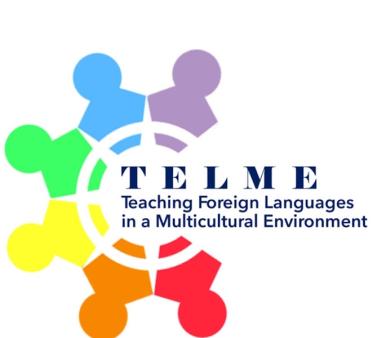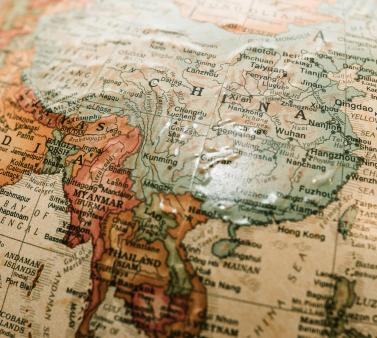Objectives
This degree provides students with research and analytical methodological skills and communication skills in Portuguese. It develops their theoretical and practical knowledge of the literature and cultures of Portuguese-speaking countries. It also develops the student’s ability to select and interpret textual and non-textual information, thus promoting independent work in the fields of literary, cultural and linguistic studies.
Skills
-
Portuguese language skills: written and oral communication, translation, editing.
-
Proficiency in interpretation and summary techniques for texts and documents.
-
In-depth knowledge of the cultures and societies of Portuguese-speaking countries (Portuguese-speaking Africa, Brazil and Portugal) and their modes of cultural expression.
-
Ability to integrate into a work team and adapt to diverse cultural backgrounds.
Course Content
The fields of study and scientific themes covered in the learning and research on the Language, Literature and Civilizations of Portuguese-speaking countries focus on a geographical, cultural and economic area that is of the utmost importance for current international relations and trade. The Portuguese language is currently spoken by 230 million people across all the continents: South America, Africa, Europe and, more marginally, Asia. Supplementary Portuguese language classes are offered for beginners. Timetable permitting, they are able to receive additional language support by taking written and oral communication classes with non-specialist students.




